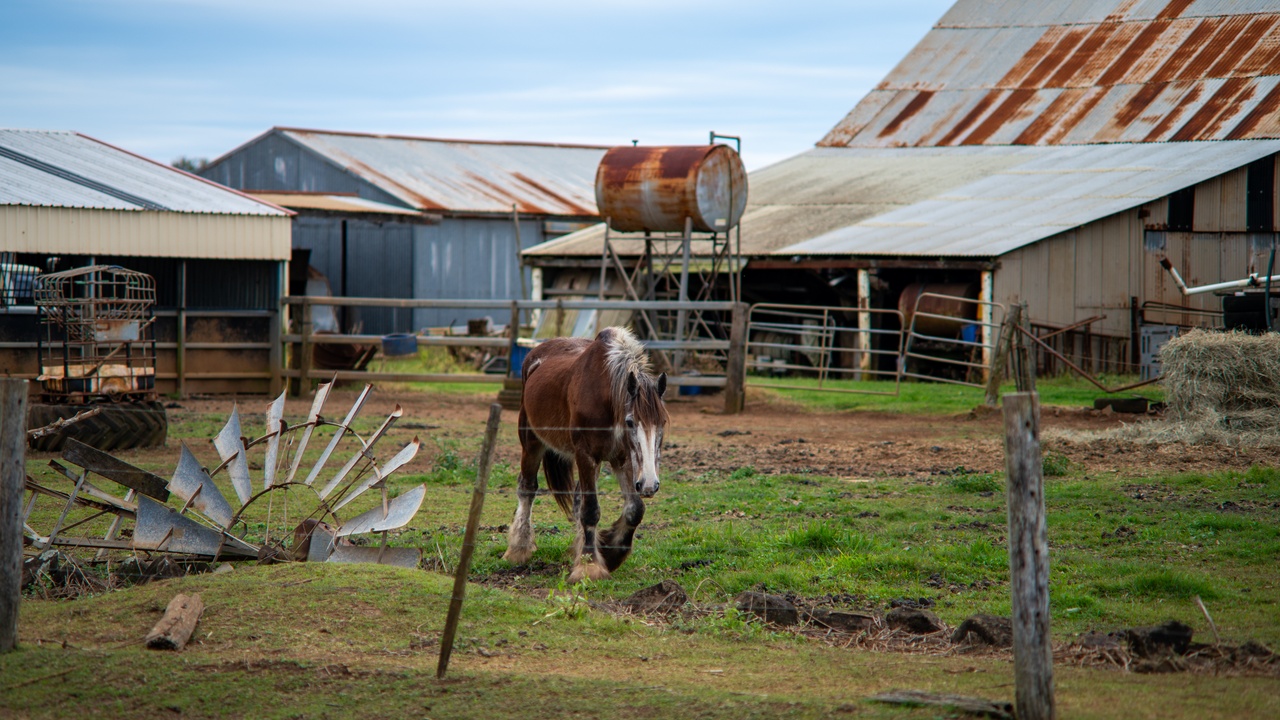Choosing the right cleaning products for fiberglass boats ensures lasting shine and protection. Avoid damage, remove stains, and keep your boat pristine.
Author: Dianne Pajo
Dianne Pajo is a writer based out of the Chicagoland area with a passion for music, combat sports, and animals. She enjoys competing in amateur boxing and kickboxing, but in her other leisure time, you can find her performing music around the city. She is also a dog mom of 2.
Organizing a Traffic Management System for Busy Warehouses
Organize a traffic management system for your busy warehouse to streamline workflows, reduce delays, and enhance overall safety and productivity.
4 Ways Farmers Can Simplify Barn Management Tasks
Managing a farm is no small feat. Here are four practical ways farmers can simplify barn management tasks and make daily routines more efficient.
How To Prepare for Your First Guided Hunting Adventure
Going on your first guided hunt? Get tips on choosing a guide, packing smart, and what to expect so your adventure is smooth, safe, and memorable.
Tips for Improving Homestead Equipment for Efficiency
Maximize your homestead efficiency with tips for optimizing equipment. Save time and effort by ensuring your tools work smarter, not harder.





